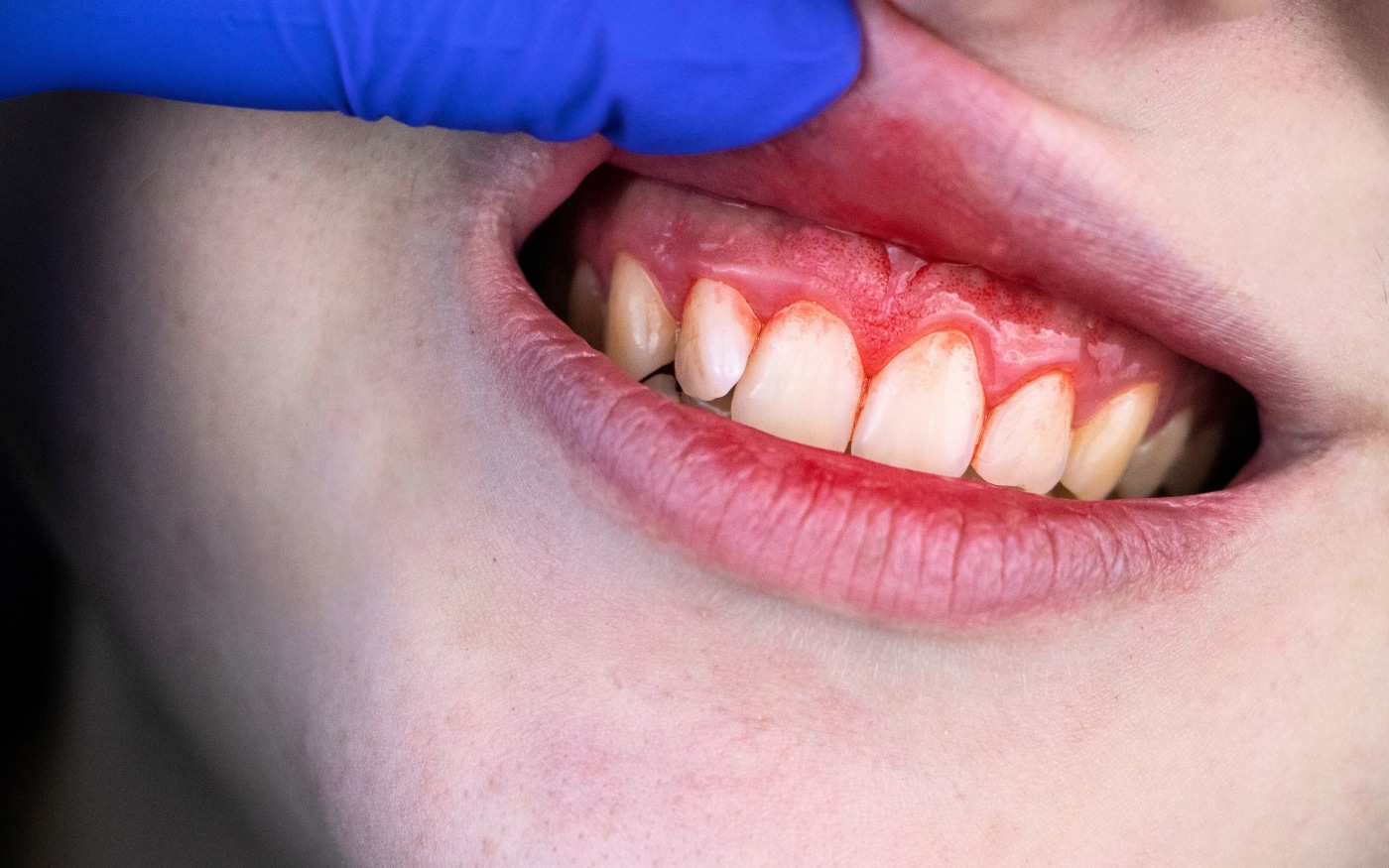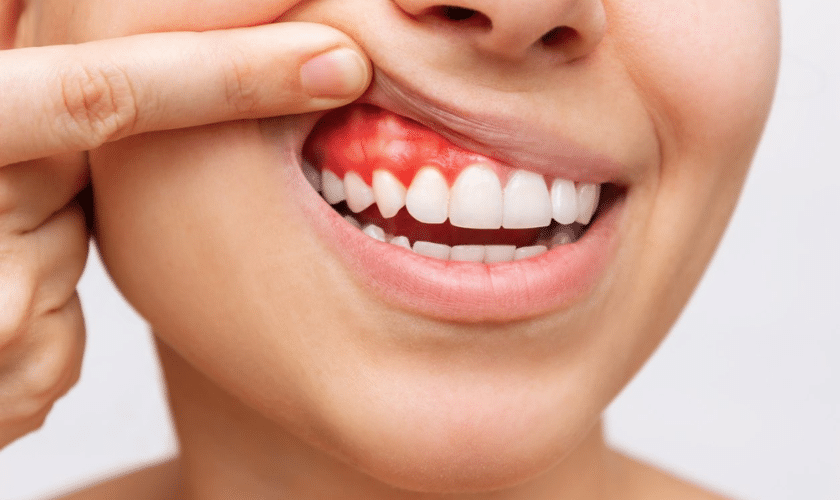
Gum disease is a common issue that affects people all around the world. According to the Centers for Disease Control and Prevention (CDC), 70.1% of people over 65 and 47.2% of adults over 30 are estimated to suffer from periodontal disease. Gum problems can make the teeth lose or even lead to tooth loss if left unchecked. Unusual gum inflammation and infection are typically warning signs of this problem.
How To Diagnose Gum Disease?
The sections below offer some methodological approaches your dentist might use to identify gum issues.
Reviewing Your Medical History
Examine your medical history to identify any factors contributing to gum disease symptoms, such as smoking or using medications that cause dry mouth.
Check Your Mouth
Examine your mouth for signs of bleeding, plaque, and tartar buildup.
Measure The Depth Of The Pocket
Measure the width of the pocket that forms in the space between your teeth and gums. This can be done by inserting a dental probe underneath the gumline next to the tooth, typically at multiple places across the mouth. You need to know that a healthy mouth normally has a pocket depth of one to three millimeters (mm). Pockets deeper than 4 mm can be a sign of periodontitis.
Undergo Dental X-rays
You should check for bone loss in various places and keep an eye out for deeper pocket depths (if any).
Gum Disease Treatments
Gum therapy can be performed by a periodontist, a dentist, or a dental hygienist. Periodontal treatment aims to thoroughly clean the pockets around teeth and stop the bone around them from deteriorating. The best chance for treatment success is when you continue to practice daily dental hygiene, take care of any underlying medical issues, and stop smoking along with gum treatment.
Non-surgical Treatment
Non-surgical therapies can be ideal for gum issues that are not too serious. Scaling, root planing, and taking antibiotics are a few of the frequently used non-surgical treatments.
Surgical Treatment
Surgery may be necessary if you have gum disease or advanced periodontitis. Flap surgery, soft tissue grafts, guided tissue regeneration, bone grafting, and other surgical procedures can be used to treat severe gum disease.
How To Prevent Gum Disease?
The best dentists in Watford have come up with tips to prevent gum disease or periodontal problems.
- Maintain an oral hygiene routine – You must maintain excellent oral care to keep your gums healthy. The reason is pretty simple: brushing and flossing help remove oral bacteria that can build up and cause gum disease.
Use the correct method while brushing your teeth. You should also floss every day. Be careful to rinse your mouth with water after eating. Additionally, fight the temptation to skip flossing.
- Be careful about what you eat – You might not know that your diet can directly impact your oral health. Your gums require certain minerals and vitamins (for example, Vitamin C) to stay healthy. Dental professionals recommend including more fruits and vegetables in your daily diet. Try to stay away from sugary foods and drinks as well.
- Do not use tobacco products – Smoking or chewing tobacco causes many health issues, including an increase in tartar buildup in the mouth, which puts gums. Quitting smoking can help prevent or even reverse periodontal disease.
We hope you now understand how gum disease is diagnosed and treated. Get in touch with a dentist nearby if you notice any signs of suffering from gum problems. Always keep in mind that ignoring a small problem at an early stage can lead to a disaster in the days to come.



